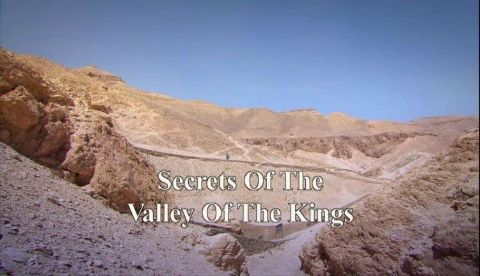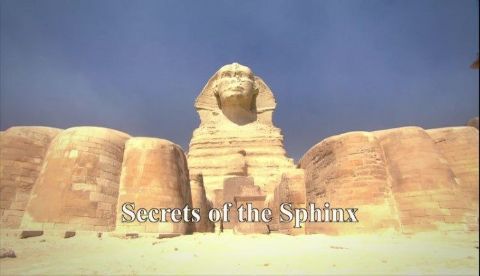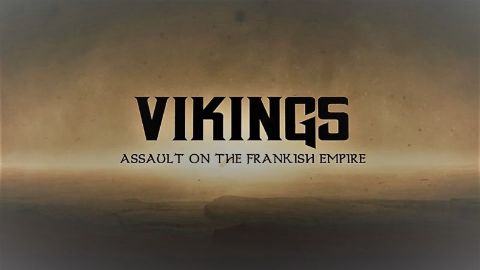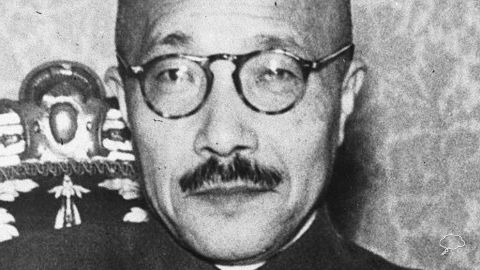Secrets of the Valley of the Kings • 2008 • episode "Part 1" • Egypt Unwrapped
Built over 500 years, spanning nearly two and a half miles and holding 63 tombs, Egypt's Valley of the Kings is a staggering, complex set of enigmas locked beneath the sands for 3,500 years. What drove Egypt's greatest pharaohs to seek out this secluded valley? How did the ancient craftsmen achieve such feats of engineering? And why was this sacred site finally abandoned? Join National Geographic Explorer-in-Residence Dr. Zahi Hawass and a team of experts as they uncover new evidence about how early engineers were able to construct the elaborate structures of tombs and chambers.
Make a donation
Buy a brother a hot coffee? Or a cold beer?
Hope you're finding these documentaries fascinating and eye-opening. It's just me, working hard behind the scenes to bring you this enriching content.
Running and maintaining a website like this takes time and resources. That's why I'm reaching out to you. If you appreciate what I do and would like to support my efforts, would you consider "buying me a coffee"?
Donation addresses
BTC: bc1q8ldskxh4x9qnddhcrgcun8rtvddeldm2a07r2v
ETH: 0x5CCAAA1afc5c5D814129d99277dDb5A979672116
With your donation through , you can show your appreciation and help me keep this project going. Every contribution, no matter how small, makes a significant impact. It goes directly towards covering server costs.










